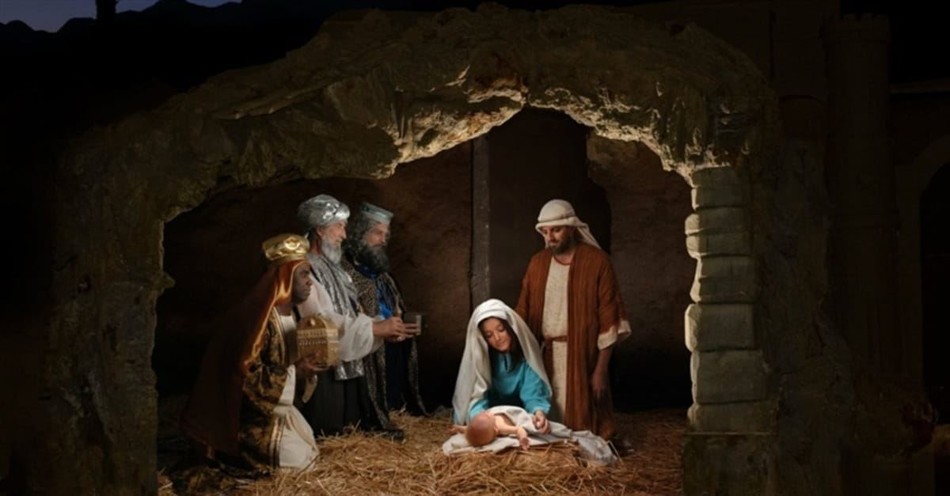When taken as gifts for a newborn king, the items that the Magi brought appear inappropriate, especially the frankincense and myrrh. Gold fits the idea of kingly wealth, but perfumes would not have met the same standard. But what about frankincense (a costly and fragrant gum and oil from a tree in India and Arabia) and myrrh (an aromatic spice from a thorn-bush grown in Arabia and Ethiopia)?
The Bible Story of Gold, Frankincense and Myrrh Gifts
After Jesus was born in Bethlehem in Judea, during the time of King Herod, Magi from the east came to Jerusalem and asked, “Where is the one who has been born king of the Jews? We saw his star when it rose and have come to worship him.” When King Herod heard this he was disturbed, and all Jerusalem with him. When he had called together all the people’s chief priests and teachers of the law, he asked them where the Messiah was to be born. "In Bethlehem in Judea," they replied, “for this is what the prophet has written: " 'But you, Bethlehem, in the land of Judah, are by no means least among the rulers of Judah; for out of you will come a ruler who will shepherd my people Israel.'" Then Herod called the Magi secretly and found out from them the exact time the star had appeared. He sent them to Bethlehem and said, "Go and search carefully for the child. As soon as you find him, report to me, so that I too may go and worship him." After they had heard the king, they went on their way, and the star they had seen when it rose went ahead of them until it stopped over the place where the child was. When they saw the star, they were overjoyed. On coming to the house, they saw the child with his mother Mary, and they bowed down and worshiped him. Then they opened their treasures and presented him with gifts of gold, frankincense and myrrh. -
Symbolism of Gold, Frankincense, and Myrrh
We must, instead, imagine the gifts as offerings of foreign dignitaries. Just as diplomats from other countries often bring gifts representing their cultures, these magi brought the products specific to theirs. They honored the King of the Jews in a way that fit their nationality. In this way, in fact, they stood in as representatives of all the non-Jewish nations. Their acknowledgement presaged the offer of grace to all peoples of the earth, and their gifts hinted at the coming of Gentiles to offer themselves to Christ.
The ancient church also understood the gifts to symbolize aspects of Christ's life and ministry, the work He would do. The gold, as mentioned before, suggested His royalty as King of the Jews and Lord of lords. In the frankincense, they saw His divinity. The myrrh represented His humanity - and that to the fullest extent because myrrh suggests death and burial. Thus, the gifts came to show Jesus as King, God, and Man.
Adapted from The Life and Times of Jesus the Messiah by Alfred Edersheim (Book II, Chapter VIII).
This article is part of our larger Christmas and Advent resource library centered around the events leading up to the birth of Jesus Christ. We hope these articles help you understand the meaning and story behind important Christian holidays and dates and encourage you as you take time to reflect on all that God has done for us through His Son, Jesus Christ!
What Is Advent: Meaning, History, and Traditions
Advent Prayers for Friends, Family, and More
What Is an Advent Wreath and How to Use One?
The History of Santa Claus: Origin of St. Nicholas
Christmas Bible Verses & Scripture Story
What is Christmas? True Meaning and Holiday History
Christmas Eve History and Traditions
Why Gold, Frankincense, and Myrrh?
When Was Jesus Born? Why December 25th
Where Was Jesus Born?








